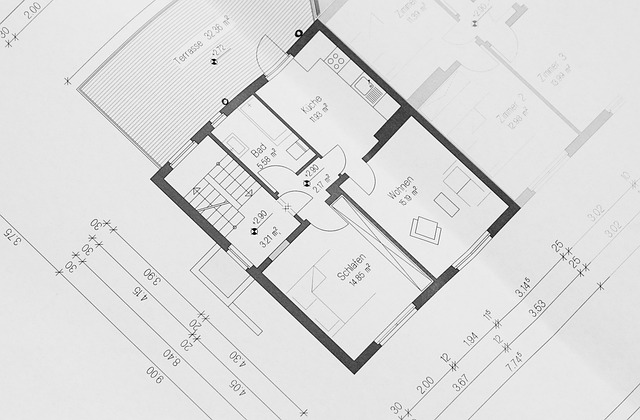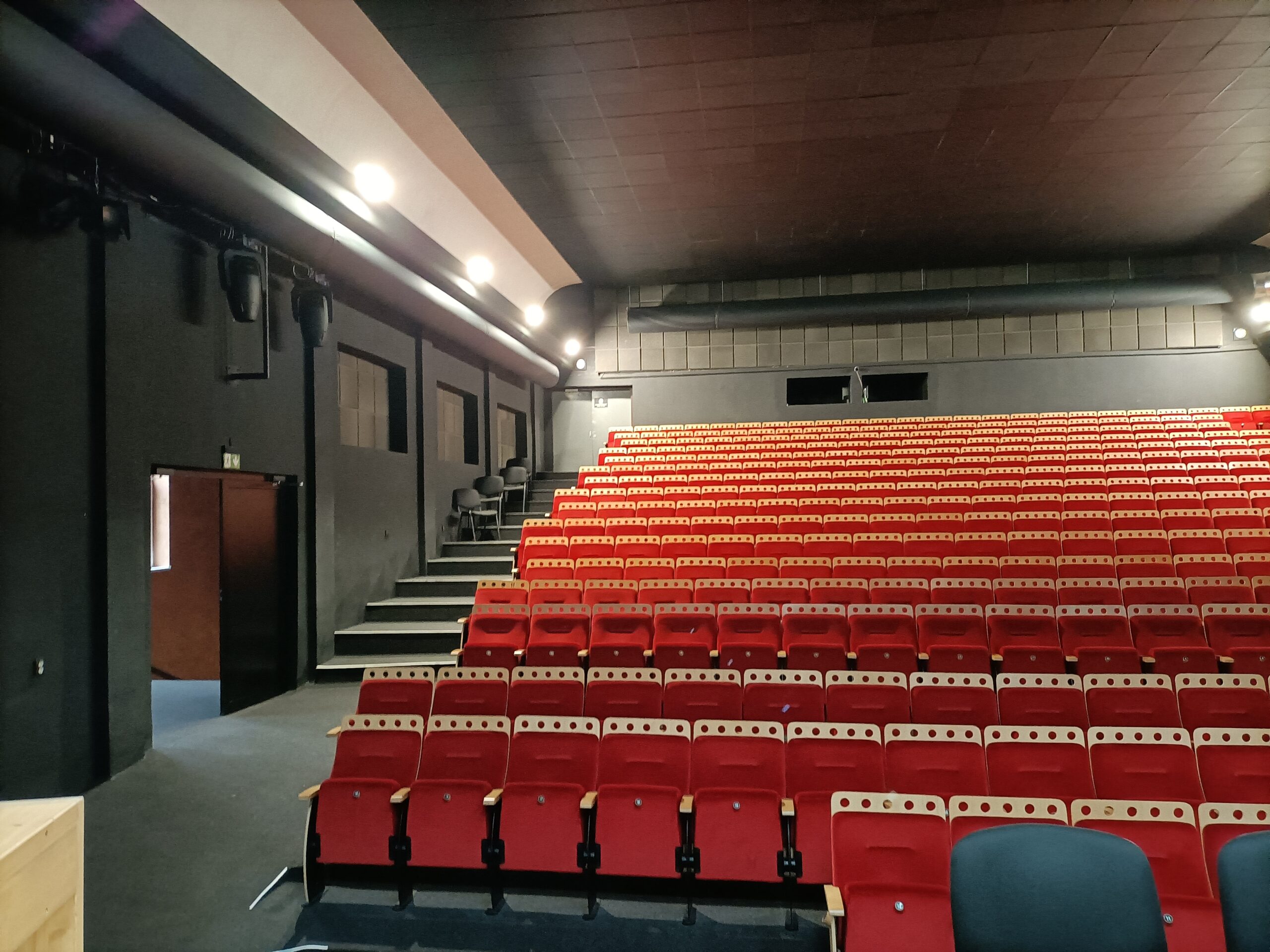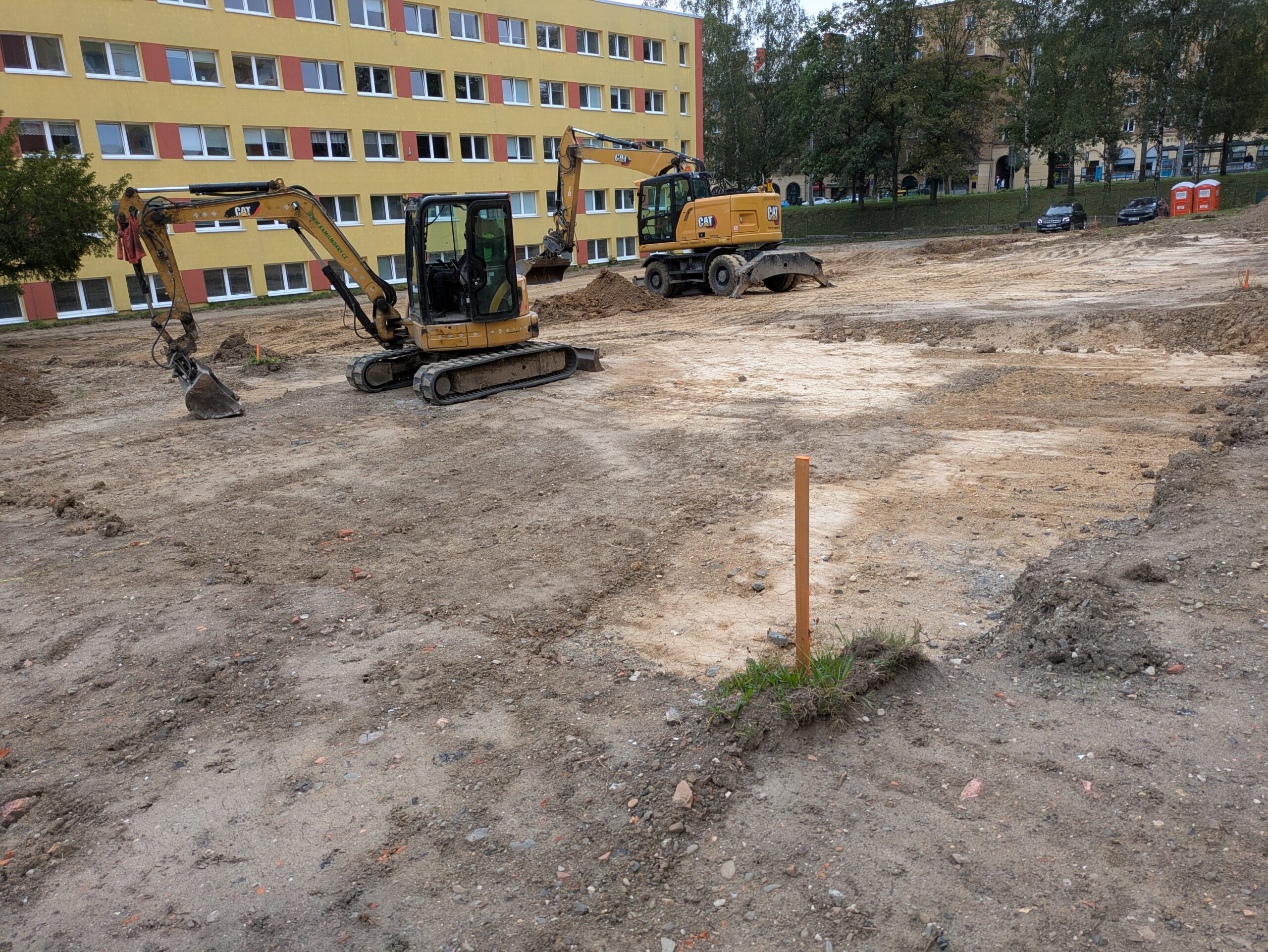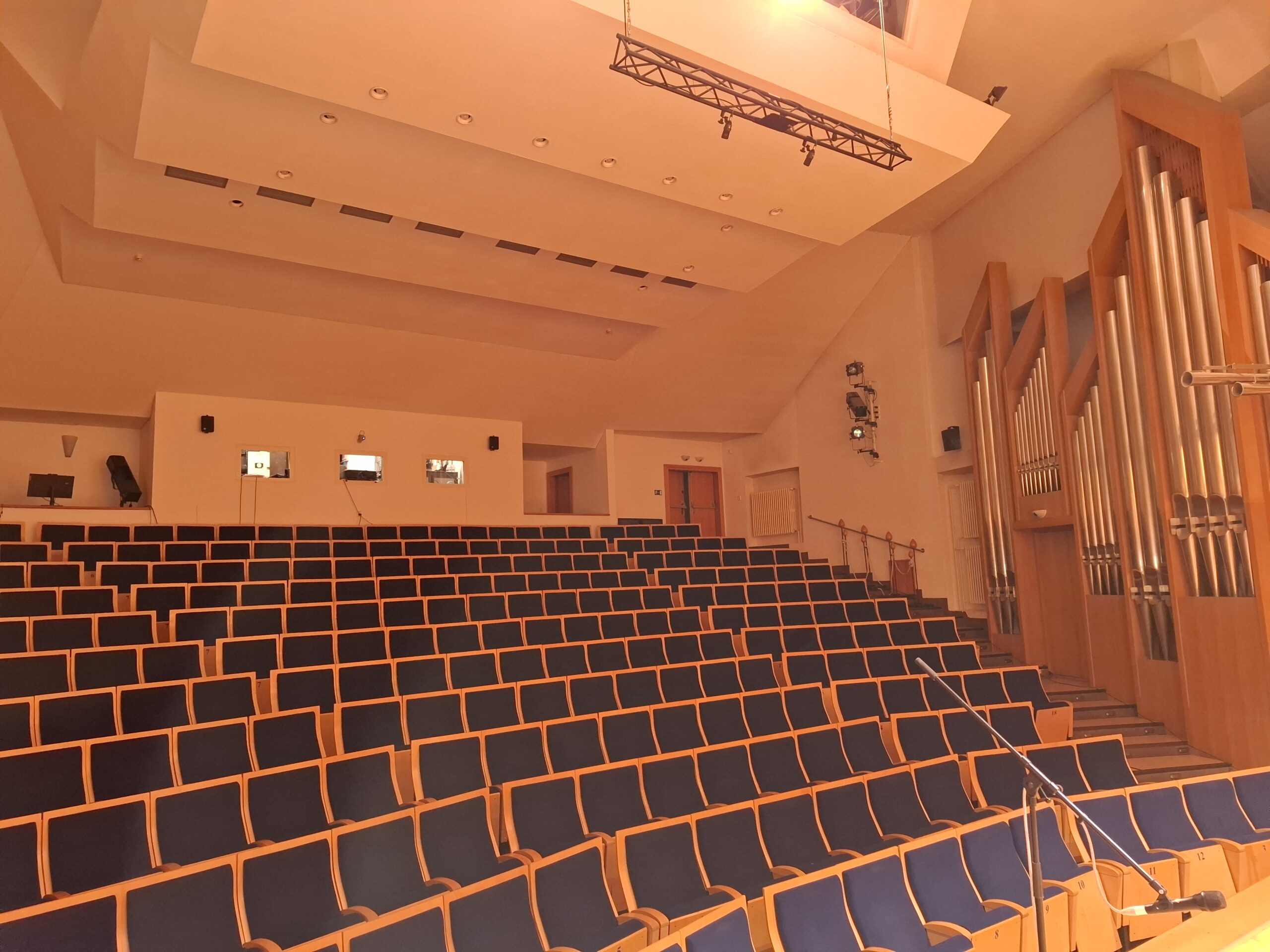The passporting of buildings and structures is the process of systematically recording and registering technical and operational data on individual buildings. This process is key to property management and has several important benefits:
Advantages of building and construction passporting
1. Accurate overview of the condition of buildings:
Passporting provides detailed information on the technical condition of buildings and their individual parts. This includes data on structures, technical systems, materials and any defects or repair needs.
2. Maintenance and repair planning:
Thanks to the detailed records it is possible to plan maintenance and repairs efficiently. This leads to the prevention of accidents and the reduction of unplanned repair costs. In addition, regular maintenance extends the life of buildings.
3. Efficient property management:
Property managers can better manage the operation and maintenance of buildings, optimize the use of space and plan investments based on passporting. Accurate data facilitates decision-making and financial management.
4. Ensuring safety:
Passporting helps to identify and eliminate potential risks associated with the technical condition of buildings. This includes, for example, the risks of fires, structural failures or the dangers associated with the use of obsolete technical equipment.
5. Compliance with legislative requirements:
In many countries, building passporting is a legal obligation. Compliance with these requirements is key to obtaining various permits and certifications, for example in the field of fire safety, hygiene standards or energy efficiency.
6. Energy efficiency:
Detailed data on the technical condition and operation of buildings allows the identification of energy saving opportunities. This may include improving insulation, upgrading heating and cooling systems or installing energy efficient lighting.
7. Supporting the sale and rental of properties:
Passporting is an important source of information about the condition of a property for potential buyers or tenants. Complete and up-to-date documentation can increase the attractiveness of a property on the market and facilitate the sale or rental process.
Why require passporting?
1. Transparency and accountability:
Requiring passporting ensures that building managers and owners have all relevant information to manage the property. This contributes to transparency and accountability in building maintenance and management.
2. Prevention of problems:
Systematic recording of technical condition and regular data updates allow early detection of problems and preventive measures, minimizing the risk of serious breakdowns or accidents.
3. Long-term cost savings:
Investment in passporting and subsequent planned maintenance can lead to long-term savings. Preventive maintenance is usually cheaper than dealing with emergency conditions.
4. Decision support:
Accurate and up-to-date information on the condition of buildings is crucial for strategic decision-making, for example when planning renovations, upgrades or property development.
Conclusion:
The passporting of buildings and structures is a key tool for effective property management and maintenance. It provides comprehensive and accurate information that is essential for the safe, economic and environmentally sustainable use of the building stock. For these reasons, passporting should be standard practice and required by both owners and governing bodies.







